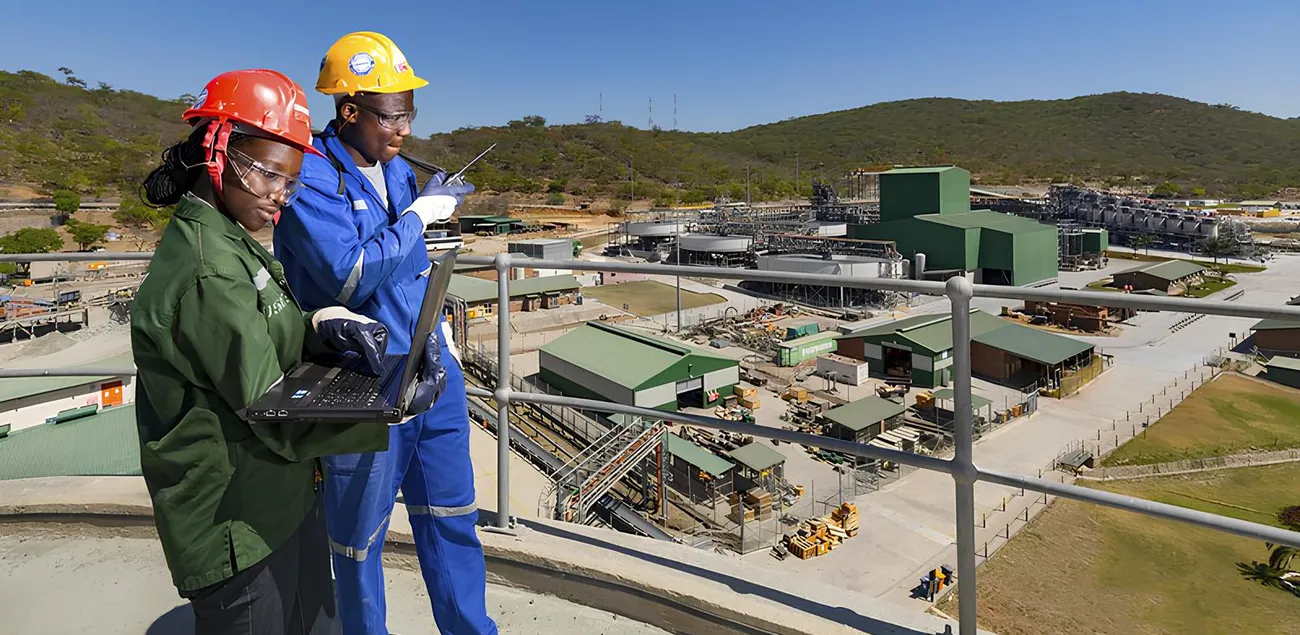
Valterra Platinum, South African PGM producer with Zimbabwe’s Unki mine, Impala’s Zimplats, and Mimosa, the Impala–Sibanye Stillwater joint venture, have been hit by unpaid local-currency proceeds under Zimbabwe’s foreign-exchange retention regime, after exporters shipped $690 million of PGM mattes and concentrates in the first half but have not received the 30% local-currency portion since January, according to the mining chamber and the finance ministry.
Retention rules and payment backlog
Zimbabwe requires exporters to keep 70% of proceeds in hard currency while 30% is converted to the domestic unit, a policy tightened in February when authorities cut the retention from 75% to 70% to bolster the ZiG system. Deputy finance minister Kudakwashe Mnangagwa acknowledged arrears, citing first-quarter cash-flow constraints, and said the government is engaging with producers “to ensure that these delays don’t burden their operations.” The unpaid local-currency leg reduces working capital for miners already navigating weak PGM prices.
Operating impact and cash-flow mechanics
Because most operating costs—fuel, reagents, spares and contractor services—require U.S. dollars, the withholding of the local-currency reimbursements dents liquidity, complicates procurement and may push producers to defer non-essential capex. The issue extends beyond PGMs: gold producers have also protested the conversion rule. Zimbabwe exported gold worth $1.8 billion in January–June 2025, up from $870 million a year earlier on record bullion prices, but miners say forced conversions compress margins when the official rate overvalues the ZiG.
Market context and pricing
PGM prices have rebounded from early-2025 lows but remain below mid-cycle levels for rhodium and palladium. On 6 August, spot platinum traded around $1,320–$1,340/oz, palladium near $1,160–$1,200/oz, and rhodium around $6,700–$7,100/oz. That mix still leaves basket revenues well under the peaks of 2021–22, pressuring higher-cost ounces. Zimbabwe is the world’s No. 3 PGM producer after South Africa and Russia, so persistent cash-flow frictions could translate into lower run-rates or deferred projects if unresolved.
Policy and currency backdrop
Authorities say the retention mechanism preserves scarce dollars for priority imports and debt service. The ZiG, introduced in April 2024, has been supported by tighter monetary policy and administrative measures, though dollarisation remains entrenched. In April and again in the mid-year review, officials framed lower retention as part of a broader package to stabilise the currency and revenue base. For miners, the immediate issue is arrears: the state’s commitment to clear the backlog and improve payment cadence will determine whether supply plans stay on track into year-end.
Company Background and Market Context
Valterra Platinum, demerged from Anglo American in May–June 2025, operates assets in South Africa and Zimbabwe, including Unki; it reported lower refined output in the first half amid market weakness. Impala controls Zimplats and co-owns Mimosa with Sibanye Stillwater. The trio dominate Zimbabwe’s Great Dyke, underpinning the country’s position in global PGM supply. Producer finances have been strained by the price downturn and higher domestic frictions—from power reliability to FX access—heightening sensitivity to payment delays.
PGMs are core to autocatalysts that curb vehicle emissions; platinum also serves industrial, jewellery and investment demand. Spot prices have steadied, with platinum hovering around the low-$1,300s/oz and palladium near $1,170/oz, while rhodium trades just below $7,000/oz—levels that improve from recent troughs but still constrain discretionary spend across the Zimbabwean PGM complex.



